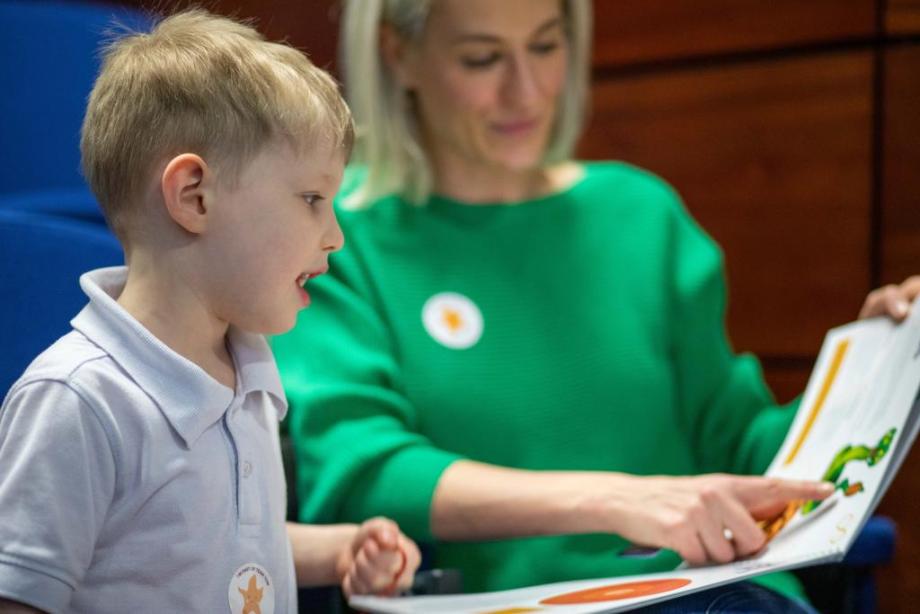This unique project aims to understand the differences in resources across all UK primary care trusts for children facing a brain tumour diagnosis, outline unfunded areas and identify where there are unmet needs, and explore options for future neuropsychology data collection for brain tumour trials. The project will additionally explore online support groups and education sessions for parents, siblings, and survivors.
The pilot phase is a year, and then the hope is that Tom’s Trust will be able to secure funding to move the project into the next phase of development.
Rebecca Wood, CEO of Tom’s Trust, said:
“We are excited to fund this project, led by Dr Sarah Verity, at the Great North Children’s Hospital. We know there are huge differences in the care that children with brain tumours receive across the UK and Tom’s Trust strongly believes that every child with a brain tumour should have access to the mental health support that they need, as well as their loved ones.
“Many children experience serious mental health issues after their tumour and treatment, and 62% of those who survive will then live with life-long disabilities. Family members are also put under huge stress, with siblings left really struggling too. We know the output of this pilot project will produce very important and helpful data that will allow us as a charity to understand how we can improve survivorship for these children. A key part of that improvement in mental and cognitive health is access to clinical trials that can improve quality of life; that can’t happen for many youngsters around the UK as they can’t receive the psychological assessments they need, to assess how interventions are working.”
Dr Sarah Verity, Paediatric Neuropsychologist at the Great North Children’s Hospital, who is leading this project, added:
“As research and knowledge about the impact of childhood brain and central nervous system tumours advances, we believe that so should our services. It is now widely accepted that children with brain tumours are at high risk of behavioural, learning and psychological difficulties both as a direct result of the tumour, and the treatment. In addition, the diagnosis has a significant impact on parents and siblings, because of stress, uncertainty, upheaval and changes to daily life.
“Consequently, each child and young person diagnosed with a brain or central nervous system requires specialist psychological and neuropsychological assessment, and where needed, therapeutic support. This assessment and treatment can take place either at hospital, in school or at home, with the aim of maximising opportunity for participation in everyday life and meeting their full potential in the future. Psychological input for parents and siblings is also vital to alleviate distress and promote emotional wellbeing within the wider family.
“This project will enable us to understand the outcomes of the treatments that we use, move closer to all eligible patients being able to access trials, and scope the current availability of clinical psychology for children with brain tumours, their siblings, and family members across the UK. Only when we know the situation can we make moves to improve the inequalities in the system.”
To find out more about Tom’s Trust go to www.tomstrust.org.uk

